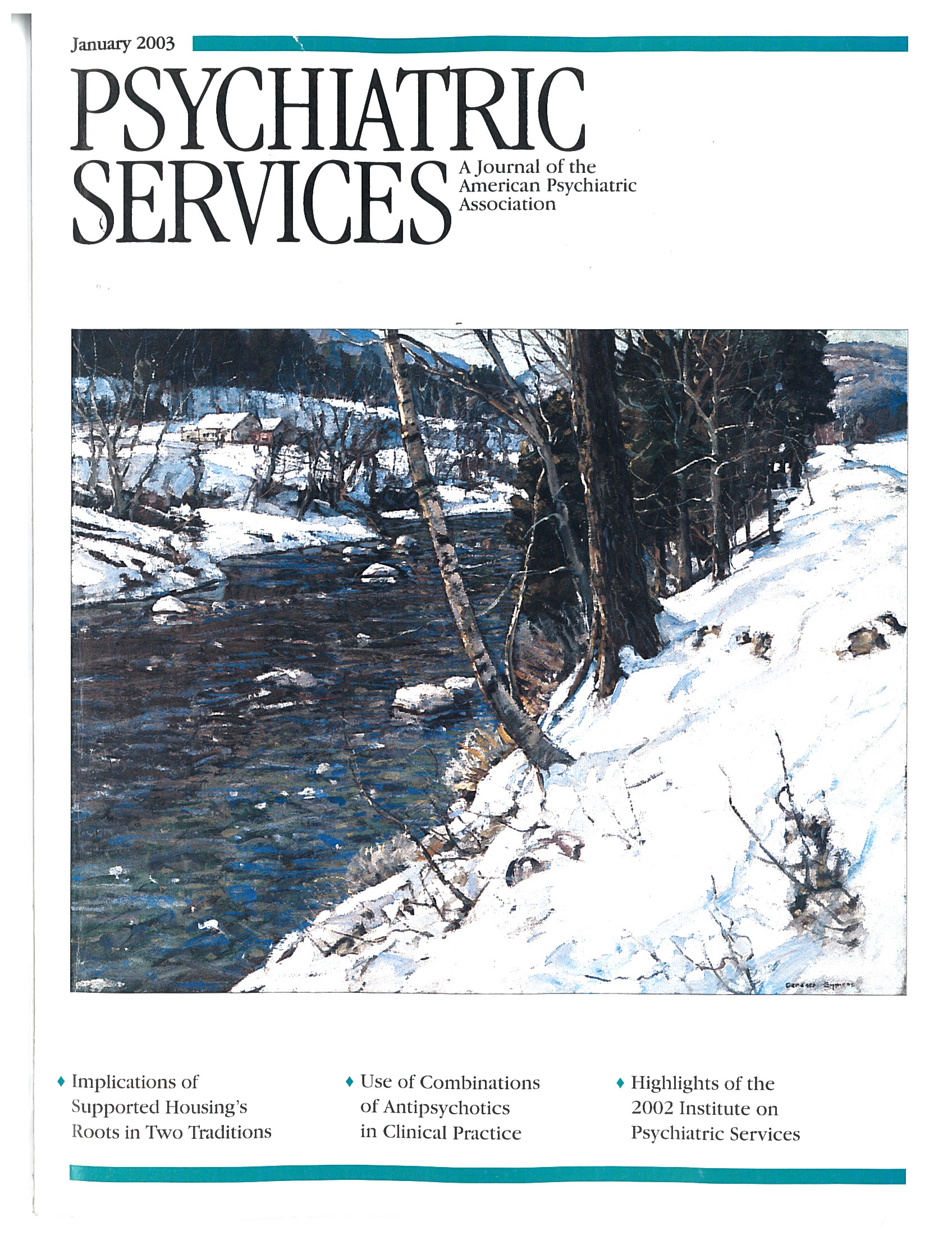The WHO Draft Manual on Mental Health Legislation
To the Editor: I read with interest the Taking Issue by Dr. Stone. I regret, however, that he used an ideological approach to mental health care and mental disorders.
Psychiatric care can be made affordable and available in many—but not all—countries. Yet too many people in need of care prefer to stay away from mental health services, largely because of stigma and discrimination. I believe that the editorial's message contributes to stigma and discrimination.
The attempt to safeguard patients' rights is much more than a rhetorical exercise. Relying on this kind of initiative, the World Health Organization, as well several other governmental and nongovernmental organizations—including consumer associations—are making a real effort to create the basis for action in domains in which evidence-based data are not yet available.
Let me give one example of this type of effort. A group of representatives of several organizations have drafted consensus statements on psychiatric care for elderly persons (1,2,3,4). The main goal of geriatric psychiatry is to care for vulnerable people who suffer from a double stigma: one linked to age and the other related to mental illness. The consensus statements are being used by professionals and consumers to support their respective programs. The statements highlight the responsibilities of professionals to ensure that their own practice is free from stigma and discrimination and also call on media organizations to ensure that policies are in place to avoid the dissemination of stigmatizing and discriminatory material. The statements recognize that caregivers, families, and older patients can be effective by providing information about their experiences to service providers, nongovernmental organizations, and government agencies as well as by going public about their experiences with mental illness, treatment, and discrimination. These statements, published by WHO and the World Psychiatric Association, jointly with several other nongovernmental organizations, are examples of the position of these organizations on the promotion of human rights in the provision of health care to older persons with mental disorders.
I regret that Dr. Stone uses references and models that lack a scientific basis. I recognize his right to express his opinion, but I believe that the editor of Psychiatric Services has much responsibility in facilitating the dissemination of wrong information.
Dr. de Mendonca Lima is director of the WHO Collaborating Centre for Old Age Psychiatry and professor at the Service Universitaire de Psychogeriatrie in Prilly, Switzerland.
1. Psychiatry of the Elderly: A Consensus Statement. WHO/MNH/MND/96.7. World Health Organization and World Psychiatric Association, Geneva, 1996Google Scholar
2. Organization of Care in Psychiatry of the Elderly: A Technical Consensus Statement. WHO/1\4SA/NINHININD/97.3. World Health Organization and World Psychiatric Association, Geneva,1997Google Scholar
3. Education in Psychiatry of the Elderly: A Technical Consensus Statement. WHO/MNHNU~D/98.4. World Health Organization and World Psychiatric Association, Geneva, 1998Google Scholar
4. Reducing Stigma and Discrimination Against Older People With Mental Disorders. WHO/MSD/MBD/02.3. World Health Organization and World Psychiatric Association, Geneva, 1998Google Scholar



